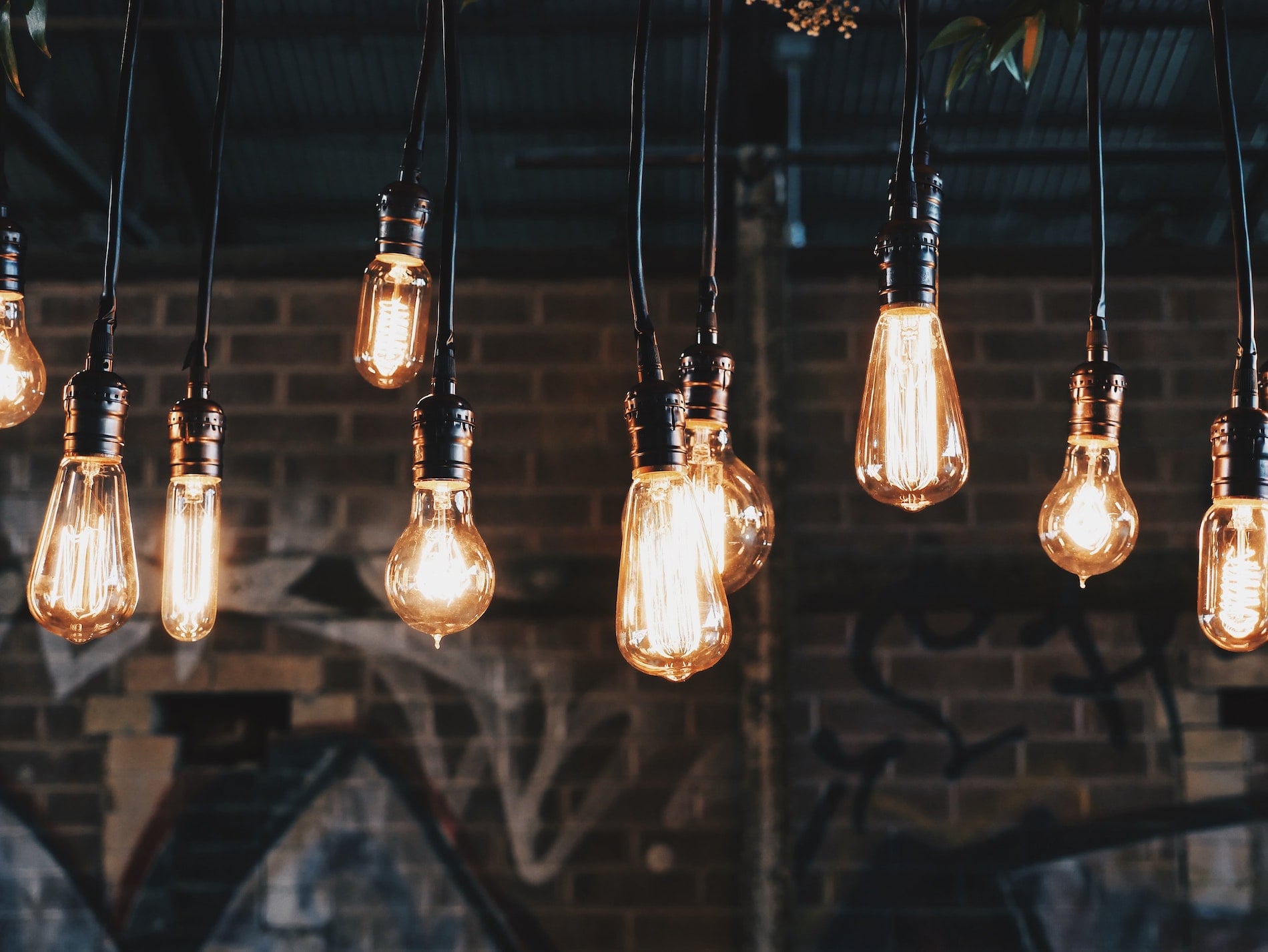Smart bulbs are a great addition to any home and are becoming more and more affordable however, the initial expensive of smart bulbs isn’t the only thing to consider as you also want to think about running costs. In this post we answer the question: Do smart bulbs use more electricity? and, will smart bulbs save you money?
How do smart bulbs work?
Regardless of the brand you choose a smart bulb requires you to always have the light switch on. This is because in order to control the bulb using an app the bulb needs to connect to Wifi or Bluetooth to be controlled. This requires constant power. It’s this constant power supply which allows you to control you bulbs with your phone or voice and set brightness levels and even colours.
If it’s always on do smart bulbs use more electricity?
The nature of being ‘always on’ means that you would expect a smart bulb to use more electricity however this largely depends on the brand of the smart bulb and the amount of electricity a smart bulb consumes depends on two key pieces of information, the standby consumption and the light consumption.
Let’s take Philips Hue as an example:
A Philips Hue White Ambience bulb allows you to have a dimmable, adjustable warm to cool light bulb which is controlled by your phone, voice, tablet etc. The Hue White ambience has a maximum operation power of 9.5 watts and a max standby power of 0.1 watts.
This means that if the bulb spent the whole year on standby each bulb will cost you a maximum of 16p per year and if you left it on full brightness all year it would cost you around £15 per bulb.
Of course you’re never going to leave it on full all year and the chances are you won’t always have it on full brightness and the dimmer your bulb is the less power it consumes.
How does this compare to other bulbs?
If you compare this to other (non-smart) LED bulbs then it’s going to depend on the wattage but the running cost is likely to be very similar (minus about 16p!).
However, if you compare this to the energy saving bulbs then the Hue will cost slightly less and, if you were to compare it to your traditional 85 watt bulb then you’re talking about the Hue bulb costing you about 8 times less than a traditional filament bulb. This is thanks to LED power which gives you plenty of brightness whilst using a lot less power.
In Conclusion: Will I save money and electricity?
Realistically, updating energy saving bulbs or LED bulbs to Philips Hue (or other smart bulbs) isn’t going to save you money or electricity however, if you’re the sort of person who leaves lights on then being able to set automations based on location or time of day may well save you a small amount over the year and be more eco friendly.
The significant thing however is that the ‘always on’ nature of smart bulbs doesn’t cause them to use a signifiant amount of additional electricity making them a great purchase for any home!
Looking for smart bulbs? Check out our pick of the best Alexa Controlled Lights for Your Home






